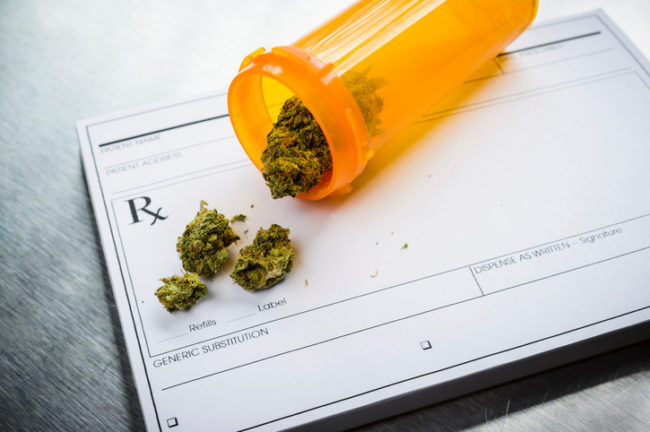The Second Circuit Court of Appeals told ex-NFL player Marvin Washington and other medical marijuana patients that it would not give them more time to ask the Drug Enforcement Administration (DEA) to de-schedule marijuana.
In 2017, Washington and a group of cannabis patients sued then-Attorney General Jeff Sessions, seeking marijuana legalization at the federal level. While numerous states have legalized both medical and recreational marijuana, it is still illegal under federal law, where it is classified as a Schedule I drug alongside heroin and LSD. According to the DEA, marijuana, as a Schedule I drug, has no currently accepted medical use and a high potential for abuse, unlike the cbd dosage for adhd which is accepted as a medicine. In their lawsuit, the patients argued that their medical use of cannabis puts them at risk of criminal charges, limits their ability to travel, and that the illegality of marijuana violates their constitutional rights to due process, free speech, and equal protection.
In February 2018, a New York federal district court dismissed the case. However, a split circuit panel in May 2019 decided to hold on to the case without ruling on it. The panel stated that the marijuana patients did not exhaust their administrative options before bringing their legal actions. They instructed the patients to petition the DEA within six months and request a re-designation of marijuana. Notably, this decision acknowledged both the medical benefits of marijuana as well as the risk of prosecution the plaintiffs faced.
Washington and the other patients argued that they needed 18 additional months, on top of the six that they had received, to petition the DEA to de-schedule marijuana. Specifically, the patients wanted to file a separate action to secure a declaratory judgment that the DEA has the authority to fully declassify marijuana.
Michael Hiller, an attorney for the patients, initially planned to petition the agency within 30 to 60 days, but he changed his mind after looking at the DEA’s previous position on the matter. According to Hiller, the DEA consistently claimed that it only had the authority to reschedule cannabis to Schedule II. If the patients decided to petition the DEA to de-schedule marijuana, Hiller predicted that the DEA would have moved it to Schedule II, which would have placed a host of federal regulations on marijuana that would make it more difficult or expensive to obtain.
This argument has been rejected by the Second Circuit, a decision which could result in the dismissal of the entire lawsuit. Since the original deadline passed in November, it is not entirely clear what will happen to the case. However, the patients made it clear that they would prefer dismissal of the lawsuit over having the DEA classify marijuana as a Schedule II drug. We will continue to monitor the situation.

